Social media often gets a bad rap when it comes to mental health. With so much focus on social comparison and cyberbullying, it’s easy to see the negatives. However, contrary to popular belief, social media can also benefit mental health when used intentionally.
Ways Social Media Can Improve Mental Health
Here are some of the top ways that social media can have a positive influence on mental health:
1. Fosters Social Connectedness
Numerous studies show that feeling socially connected is a key component of good mental health. Social media provides abundant opportunities to interact with others, cultivate relationships, and find a sense of belonging. [1]
Platforms like Facebook allow people to stay in touch with friends and family easily. Even micro-interactions on Twitter or Instagram can help fulfill our human need for social connection.
Social media is especially beneficial for those with difficulty connecting in person, such as people with social anxiety or those living in remote areas. Introverts, seniors, and homebound individuals can use social media to prevent isolation while interacting within their comfort zone.
2. Provides Social Support
In addition to general social connection, social media facilitates social support networks. These networks allow people to exchange emotional support during tough times readily.
Social media makes it easier to find and give support, whether joining a Facebook group for new moms grieving a loss on Twitter or using Instagram to find people struggling with the same illness.
Even simple gestures like receiving supportive comments and likes on social media can lift moods and reduce distress when people are going through difficult experiences.
3. Promotes Access to Health Information
Social media opens up more opportunities to access health information that can benefit mental health. Reputable organizations and experts share psychoeducational content on mental health via social media. This content raises awareness and helps normalize conditions like depression or anxiety.
Social platforms also allow people to easily find mental health resources online, connect with therapists, join therapy groups, and learn coping skills. Accessing mental health information is protective in promoting knowledge and early intervention.
4. Fosters Positive Self-Expression
Expressing yourself and your experiences through creating and sharing on social media can boost mood and self-esteem.
Artists can share their work more broadly. Bloggers and vloggers build community by sharing their stories. Posting progress pics or health journey updates fosters empowerment.
Uploading creative content provides positive stimulation. Even inspirational quotes, pics or funny memes allow people to express themselves in uplifting ways.
5. Promotes Collective Action
Social media provides tools to mobilize people around crucial mental health causes and enact change.
Platforms like Facebook and Twitter allow mental health advocates and organizations to coordinate awareness campaigns and social change movements on a wide scale.
Hashtag activism trends like #BellLetsTalk or #WorldMentalHealthDay unite millions around reducing stigma. Social-savvy mental health non-profits rally support and raise critical funds.
Collective action through social media helps shift attitudes, spread positive messages, and expand access to mental health support.
6. Can Improve Mood
Some research indicates that social media usage can directly contribute to positive moods or counteract negative moods under certain conditions.
Scrolling through uplifting content, funny videos, inspirational quotes, and happy updates from loved ones may provide mood boosts.
Social interaction releases feel-good hormones like oxytocin and dopamine. Rice University studies found that browsing social media gave a greater mood boost than passive entertainment like TV.
However, experts suggest limiting social comparisons and avoiding “doomscrolling” through primarily upsetting or harmful content to reap these benefits.
7. Grounds You in The Present
Social media’s constant content can distract from worrying thoughts or ruminations on negative experiences. In this way, social media may help redirect focus to the present moment.
Short bursts of scrolling during times of high anxiety or depression can temporality get the mind off of distressing thoughts. Engaging in light-hearted social media interactions or viewing humorous content acts as “mental snack breaks.”
However, it’s important not to overuse social media as an avoidance crutch. But limited, intentional use may support positive mindfulness and mental distraction.
Using Social Media Positively for Mental Health
While social media holds many benefits, platforms must be navigated mindfully. Just as relationships take effort, nurturing positive mental health through social media takes intention and balance.
Here are some best practices for maximizing social media’s upside when it comes to mental health:
- Set time limits and schedule breaks to prevent overuse and maintain balance.
- Curate your feed by following positive accounts, cutting out negative people, and liking/saving uplifting content.
- Be selective with sharing to protect your well-being and manage impressions.
- Limit social comparison by remembering people edit highlight reels, not real life.
- Engage thoughtfully and avoid arguments that may increase stress or depression.
- Leverage privacy settings like blocking, muting, hiding, to control your experience.
- Supplement with in-person interaction to balance social health across mediums.
- Avoid using social media as your sole source of mental health support. Combine it with professional care.
- Take mental health breaks by disconnecting for stretches when needed.
The internet is forever evolving. While new technologies always hold the possibility for harm, social media also presents promise. With mindful use, social platforms offer more opportunities to foster mental well-being if leveraged intentionally by both individuals and organizations.
Our digital world will continue rapidly changing. But by focusing on social media’s strengths while being aware of its risks, we may cultivate online communities that breed positivity, unity, and mutual support in the name of mental health.
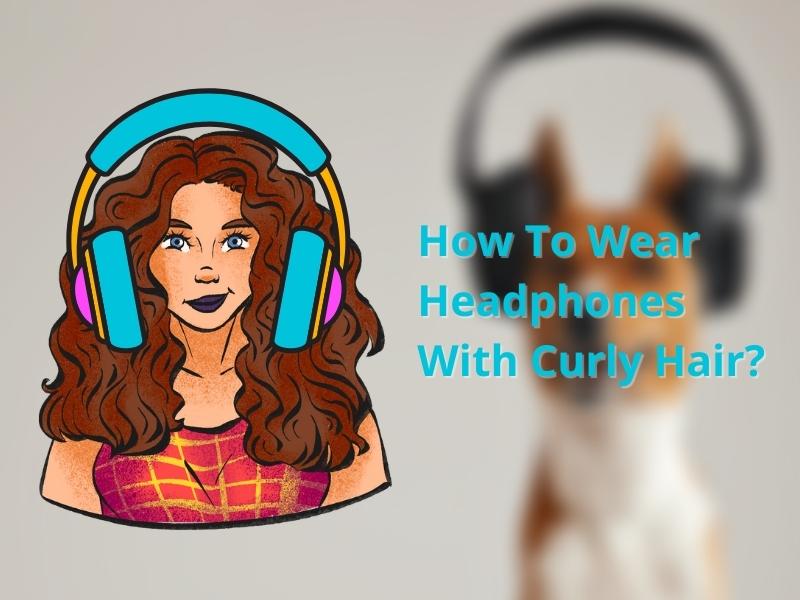
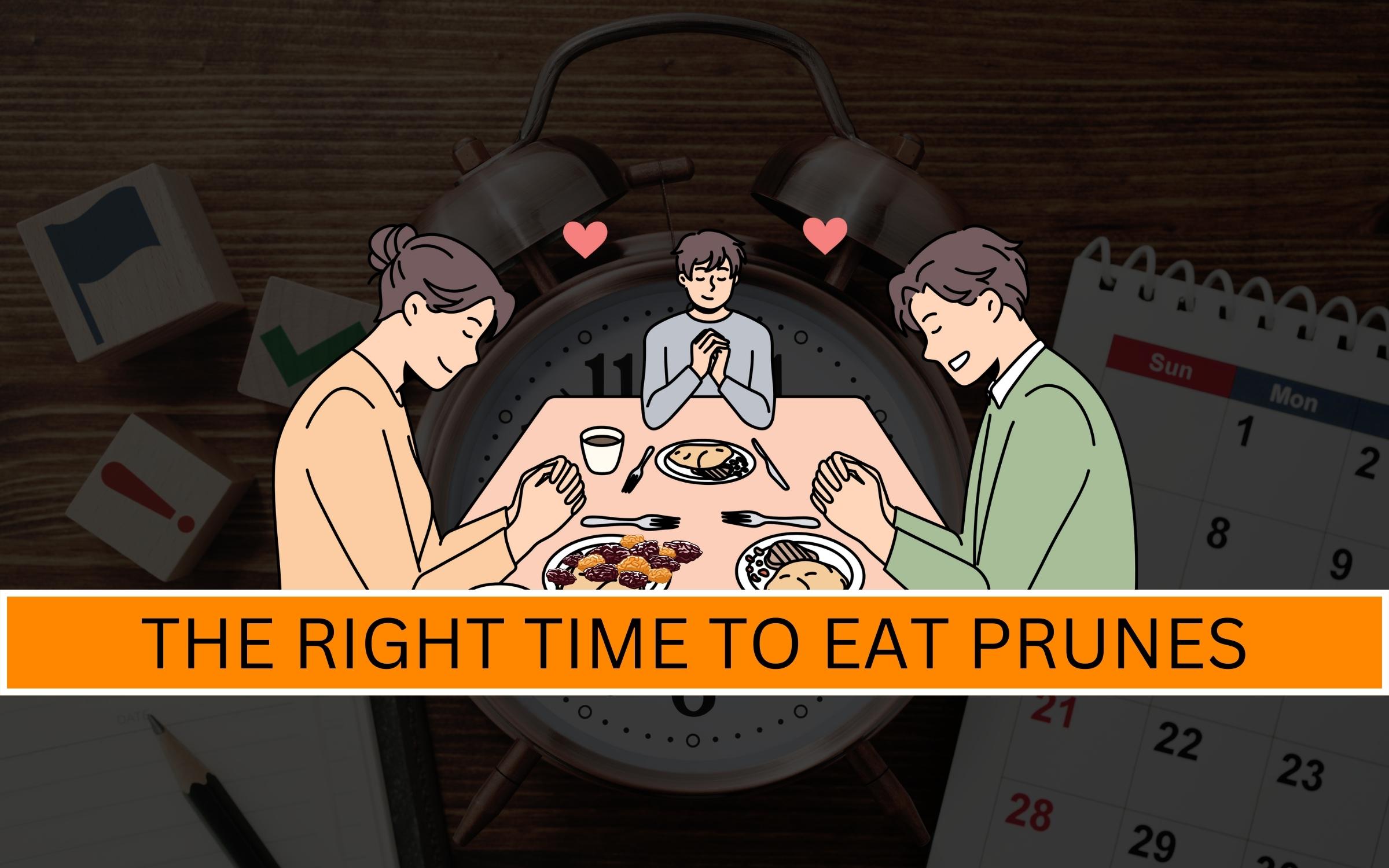

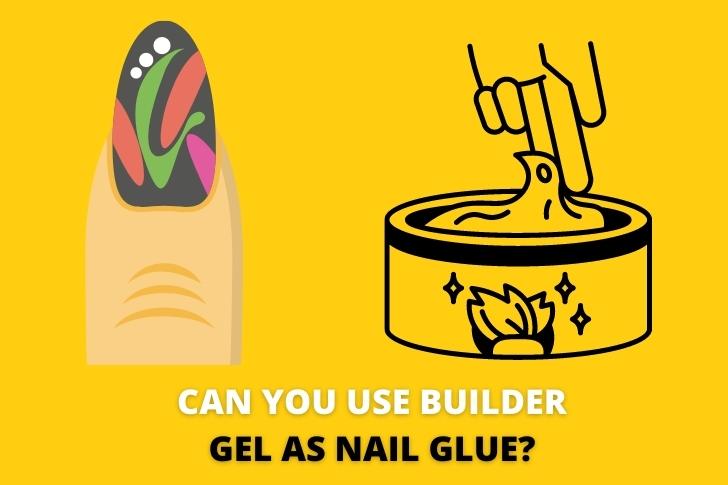
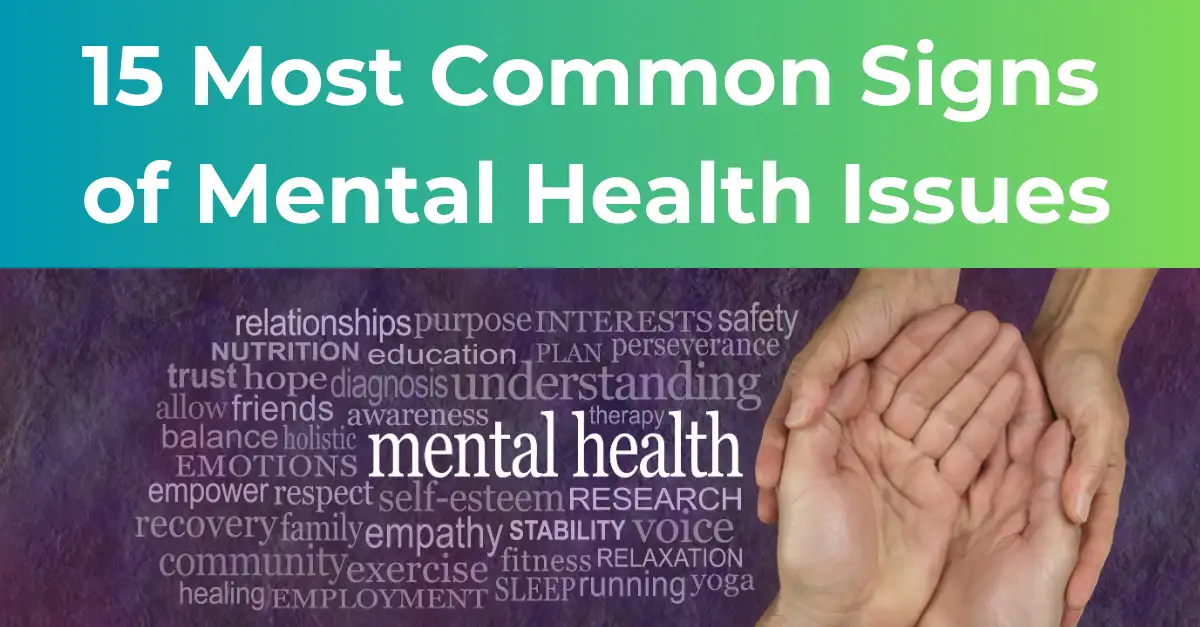
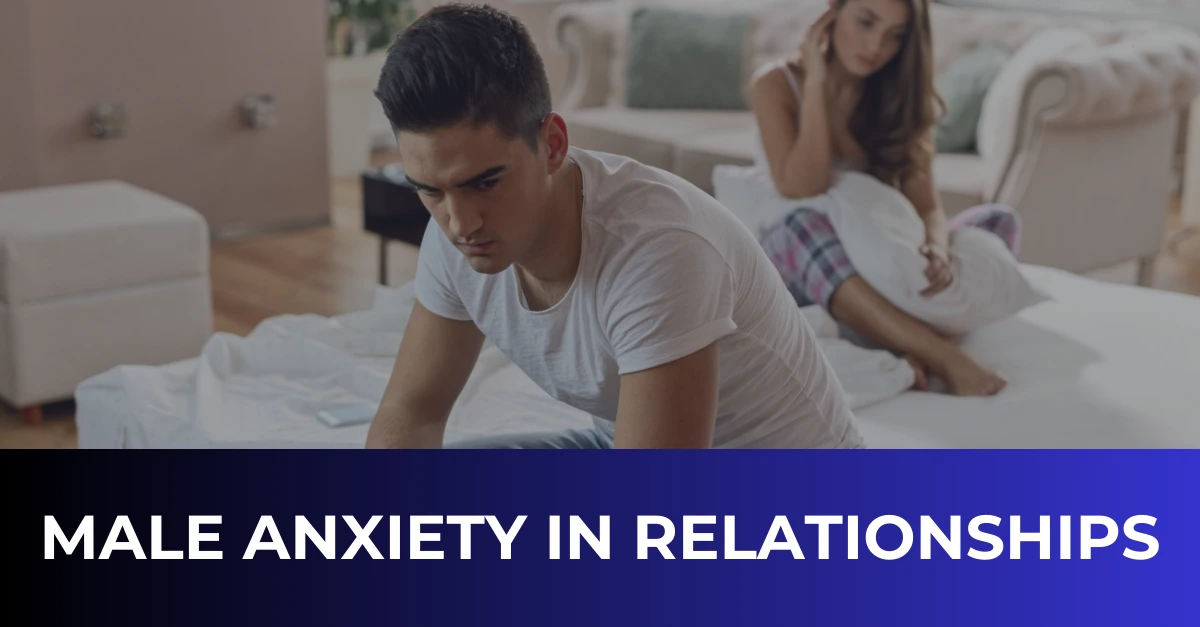
Leave a Reply